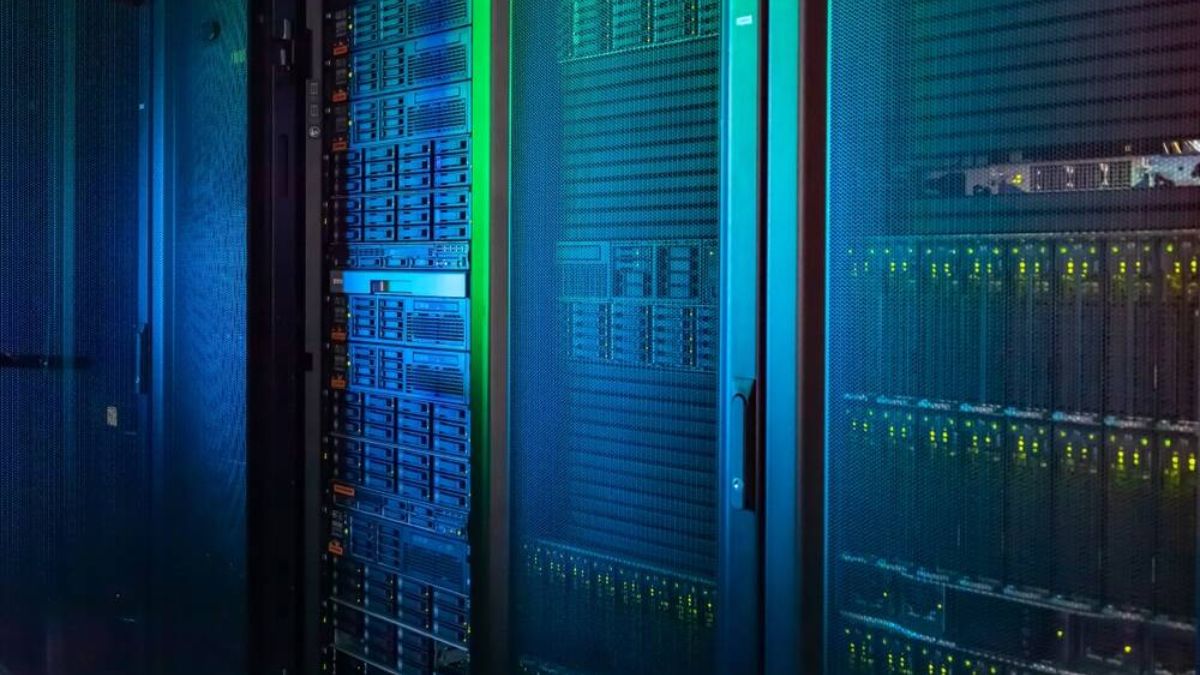The US Department of Energy (DoE) has unveiled a significant $23 million investment aimed at advancing supercomputing technologies through its New Frontiers initiative. This program is designed to tackle several performance bottlenecks currently affecting supercomputers at US research institutions, including issues related to bandwidth and power consumption.
The New Frontiers initiative seeks to leverage new and emerging technologies, in collaboration with private sector companies, to enhance the capabilities of both existing and future supercomputers. As highlighted by the DoE, supercomputers like the Argonne National Laboratory’s Aurora system have already achieved impressive metrics, surpassing one quintillion floating-point operations per second (exaFLOP). However, sustaining such performance is hindered by limitations in bandwidth between supercomputing chips and the substantial power required.
Christopher Zimmer, an HPC Systems Engineer at Oak Ridge National Laboratory, will lead the New Frontiers program. Zimmer emphasized the challenges posed by increased power consumption in high-performance computing (HPC) environments, noting that advancements in silicon process nodes and packaging techniques are insufficient to offset these demands. “With Dennard scaling no longer applicable and Moore’s law decelerating, technologies essential for HPC are consuming more power, which somewhat negates the performance gains achieved through improvements in application performance,” Zimmer explained to media.
While specific organizations or technologies receiving investment have yet to be disclosed, it is anticipated that innovations in areas such as improved packaging and photonics interconnects will play a crucial role in addressing these performance challenges. Ceren Susut, Associate Director of the DoE’s Office of Science for Advanced Scientific Computing Research, emphasized the critical need for this initiative: “There is widespread agreement that immediate action is required to tackle various bottlenecks in advanced computing, including energy efficiency, advanced memory, interconnects, and programmability, to ensure economic leadership and national security.”


